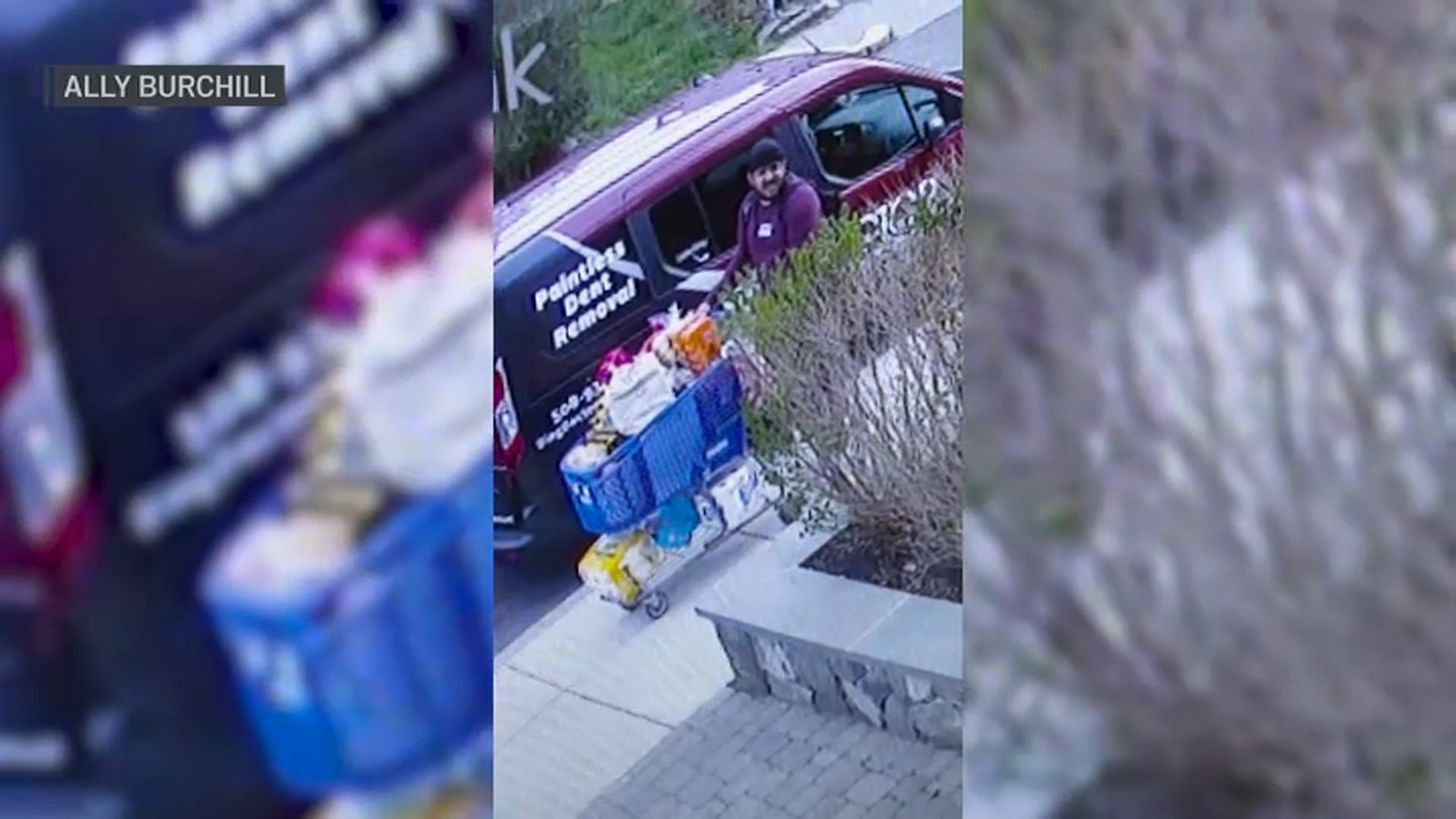The New York City Council voted to cap the number of ride-sharing vehicles in the city for the new year. It's now sparking a conversation in Boston on how the ever-growing ride-sharing companies should be managed.
The argument has been made that these ride-sharing vehicles are making the city more congested. However, people are now asking why there is such a high demand for Uber and Lyft. Is it because it's a popular new trend, or because the transportation system here in Boston isn't working as well as it should?
Convenience is a big selling point for riders, and the proof is in the numbers, with nearly 100,000 Uber rides per day in and around the city of Boston.
City Councilor Anissa Essaibi-George said the ride-sharing industry is growing way faster than they had expected in a short period of time, and the roads in Boston weren't designed with them in mind.
She says the biggest issue is safety. She's seen Lyft and Uber vehicles make abrupt stops and hold up traffic when picking up and dropping off rides not only endangers other drivers, but bicyclists and pedestrians, as well.
This week, when the New York City Council passed regulations to cap the number of ride-sharing cars on the road for a year, it caught her eye.
"A cap is certainly something we should be discussing," Essabai-George said. "I think also trying to capture a larger revenue from each of those rides."
Local
In-depth news coverage of the Greater Boston Area.
Right now, only 20 cents from each ride goes to the city and the state combined.
However, a cap is not an option in Boston right now. The city has no legal authority to limit supply of ride-sharing drivers, per state law.
"We are looking to the state for some leadership, and guidance on this," said Essabai-George.
Uber said in a statement that heavy reliance on ride-shares may be due to another factor, one they are working hard to fill.
"The similarity between Boston and New York Cory is an often unreliable public transportation system and growing congestion," the statement read. "That's why Uber supports comprehensive congestion pricing. The one solution experts agree solves both problems."
Essaibi-George said another group she takes into account are the taxi companies because Uber and Lyft are affecting them, too. She points out they have to pay insurance to drive in the city, and more often than not, she sees ride-share drivers with out of city and state plates that don't have to contribute to the city taxes or Massachusetts insurance.
Essaibi-George can't defend the sometimes-undependable MBTA, but she's focused on improving it.
"When service isn't great for the T, you see more and more people getting into ride-share. We need to look to improve the T and so there's less of the reliance on ride-share," she said.
In the meantime, Essaibi-George said the city is focused on ticket enforcement when an Uber or Lyft is dropping off in places that hold up traffic or pose a danger to others. In addition, trying to mark more pick-up and drop-off locations, like the ones you see at the airport specifically for ride-sharing cars, is a goal.



